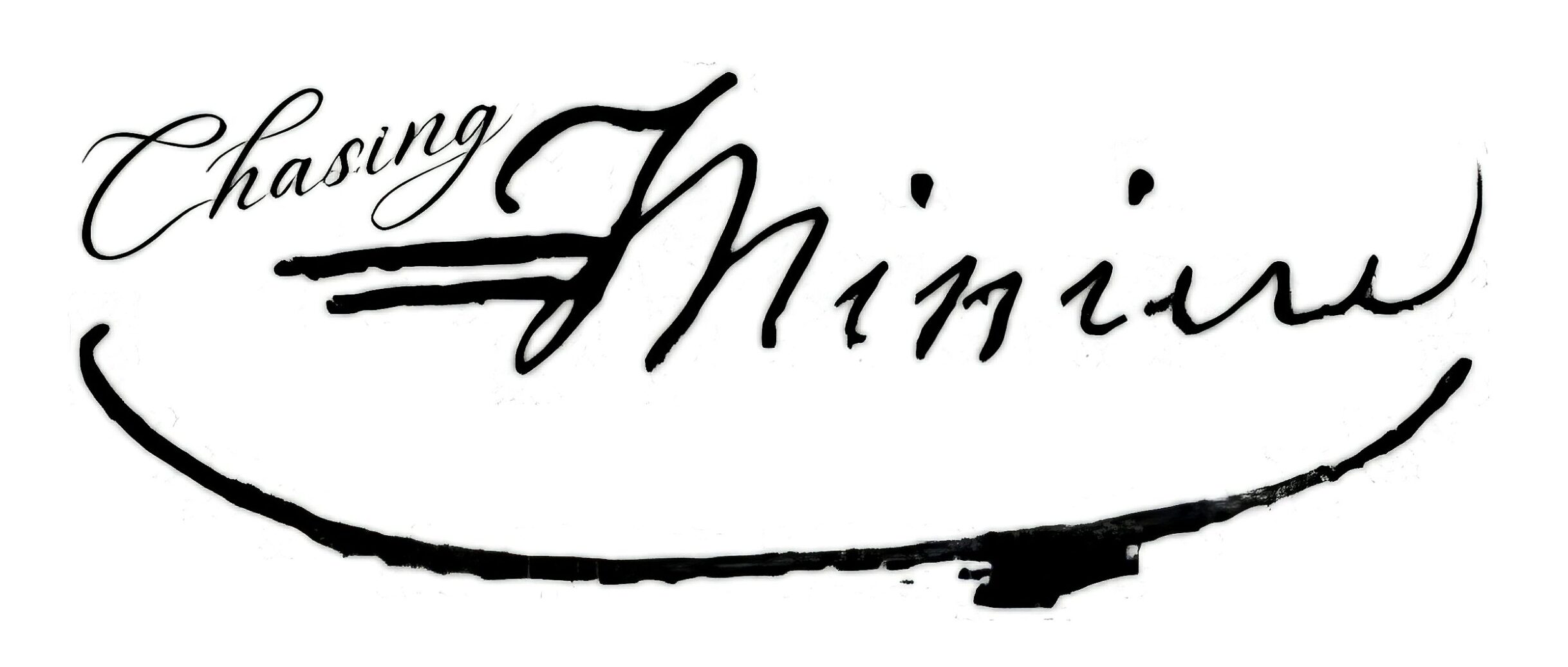William Rickard
I first saw the name William Rickard when I happened upon a document from 1797. War department auditor William Simmons corresponded with Rickard in June of that year.
A few months before Rickard sent Simmons an invoice for bounty money, four men in his company deserted. He placed ads in various papers offering a $10 reward for the capture and return of the deserters. Simmons wouldn’t pay Rickard the money until he produced evidence the money was used for the stated purpose. Rickard did in fact run bounty ads for three of the deserters: Henry Edwards, Thomas Brown and Hardy Macon. He ran multiple ads for each troop.
Nary an ad was run for James Minyard.
William Rickard was a continental officer during the Revolutionary War. He served under Colonel Henry Jackson. Rickard appears on the 1790 census living in Bristol Massachusetts. The same year Rickard removed to Washington, NC. Shortly after arriving in NC, Rickard applied for the NC cutter (coast guard) position. He personally wrote George Washington and Henry Knox for endorsements.
GW had already promised the position to someone else, so Washington offered Lieutenant Rickard a NC recruiting position and a promotion to Captain, which he accepted. Rickard immediately removed to Rowan County. The position was open because the former Rowan County commander, Joseph Kerr, resigned. Kerr was a known Patriot spy during the revolution.
Interesting fact: on the 1790 census, there were four people in the entire state of North Carolina with the surname “Rickard”. All four lived in Rowan County.
Rickard recruited from around 1790 to 1797, which is how I assume he first encountered James Minyard. Around 1792, Rickard began splitting his recruiting duties with commanding the 3rd sub-legion in Knoxville. It was here that Rickard seemed to begin playing a larger role in American policy. In 1793, he met with ministers from Spain and Cherokee nation in a successful effort to open the Mississippi River for trade and navigation.
Rickard’s command was replaced by federal troops around 1798. Rickard was reassigned to Fort Adams in Natchez, where Wilkinson confined him to court detail and actually demoted him. Rickard wrote Wilkinson in November 1799 requesting a leave of absence so he could handle business affairs up north. When Wilkinson didn’t reply, Rickard wrote Alexander Hamilton.
A month later George Washington died. A year later Rickard resigned his commission and removed to Charleston sometime after that. Rickard received land grants in Ohio for his service, but it doesn’t appear he ever lived there. During the Aaron Burr trial in Virginia, Rickard placed an ad in the Alexandria newspaper selling oats and corn from a brig. The same year, he publicly endorsed Andrew Jackson. Jackson was implicated in the Burr conspiracy but was never charged.
In 1812, Rickard publicly endorsed James Mork, a brig captain in Charleston who was charged with excessive force on another boat while at sea. Before his death in 1812, Rickard was involved in a lawsuit with the estate of Thomas Armstrong over several hundred acres of land in Tennessee. In December 1812, one article was placed one time in one newspaper announcing Rickard’s death.
At some point before his death, Rickard is in Jamaica, overseeing the estate of the late John Cooper. Rickard and Samuel Medley are the appraisers. Oddly, William Rickard appears on a slave census in Jamaica in 1817. He owned a plantation and 78 slaves.
Interesting facts about William Rickard:
He was an accomplished tailor.
He was an accomplished mariner.
He was an original member of the Society of Cincinnati.
He performed the military procession at George Washington’s funeral.
His genealogy remains unknown.
